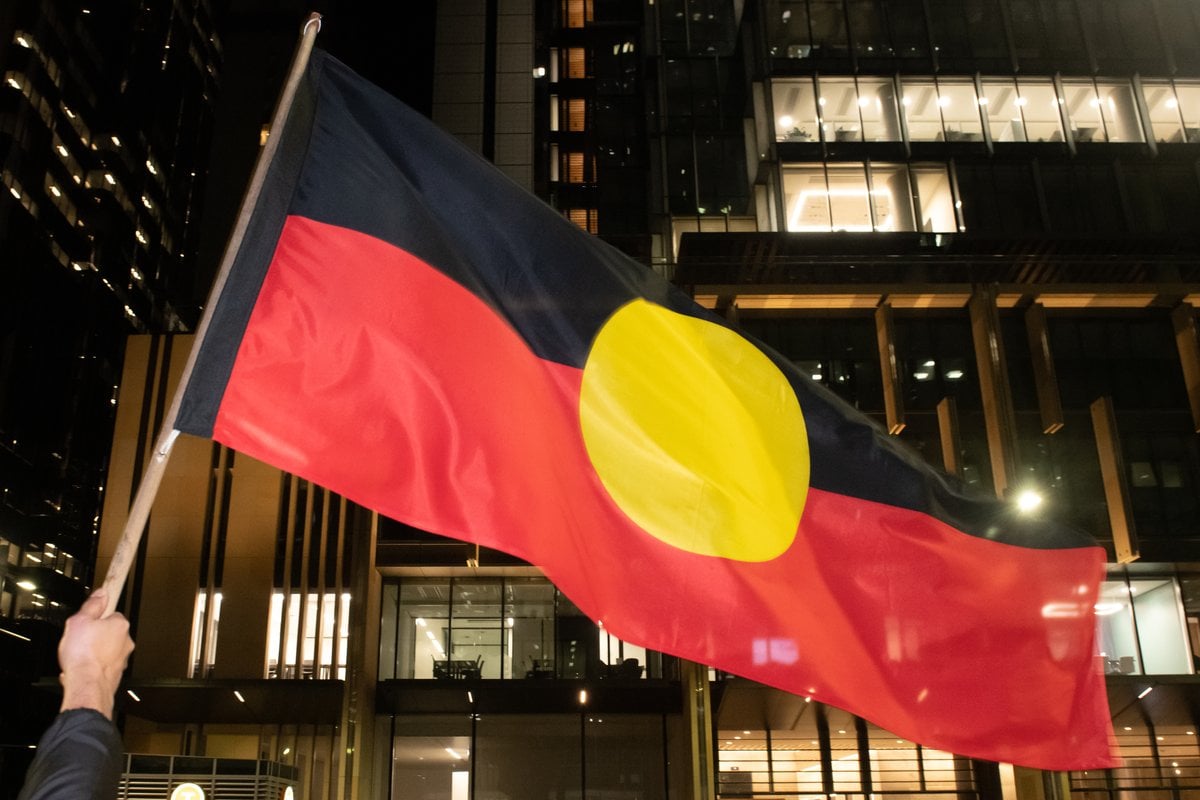
Earlier this month, Queensland Parliament passed youth justice legislation that allows courts to fit teen offenders with GPS trackers, increases police powers and removes the presumption of bail for certain offences.
The measures were introduced to combat youth crime, which became highly charged in Queensland after the deaths of expectant parents Kate Leadbetter and Matthew Field on January 26 and Townsville woman Jennifer Board in February.
The controversial new laws target about 400 repeat offenders, most of whom are Indigenous.
Below, Maggie Munn from Amnesty International Australia shares her opinion on the laws.
***
With the recent anniversary of the Royal Commission into Aboriginal Deaths in Custody, the tragic death of another seven Indigenous people in custody in the past two months, as well as the conviction of the police officer who murdered African-American man George Floyd in the United States, focus has again turned to why so many Black people are locked up in Australia.
As a Gungarri woman, I know firsthand the impact of the criminal justice system on my people and, more specifically, on our kids. It is no secret that Indigenous kids are likely to interact with the criminal justice system and police at some point.
I’m going to preempt the keyboard warriors - please don’t give me the “where are the parents” or “if you don’t want to do the time, don’t do the crime” lines.


Top Comments